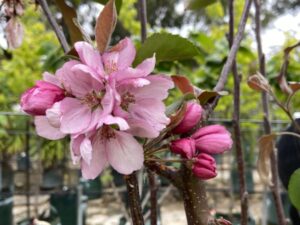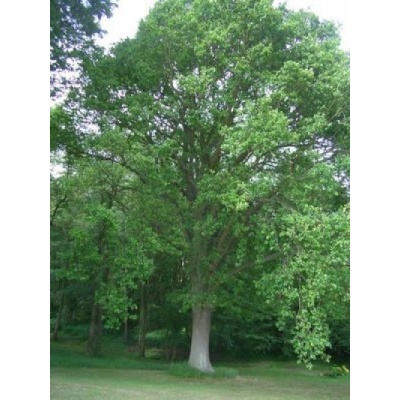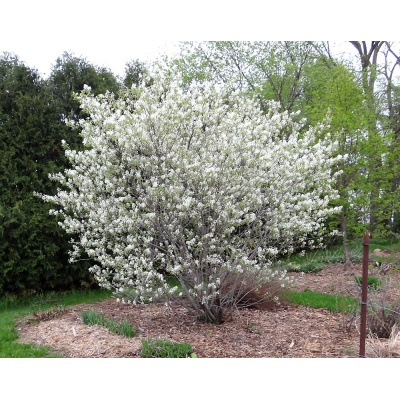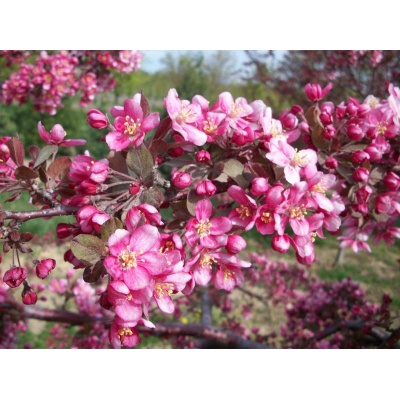Description
 Plant Group: Deciduous
Plant Group: Deciduous
Genus: Malus
Species ‘Var’:
Common Name: ‘Rejoice Crabapple’
Quick Facts:
Small deciduous tree. Stunning feature tree for small gardens. Beautiful burgundy-maroon new foliage which softens to deep green. Lovely yellow tones develop in Autumn. Clusters of rose-pink buds in Spring followed by ornamental burgundy crabapples in ideal conditions from late summer.
Height: 20 feet
Width: 20 feet
Rate of growth: slow
Foliage:
Burgundy-maroon new foliage which softens to deep green. Yellow tones in Autumn.
Flowers:
Clusters of rose-pink buds in Spring.
Fruit:
Burgundy crabapples from late summer.




Reviews
There are no reviews yet.